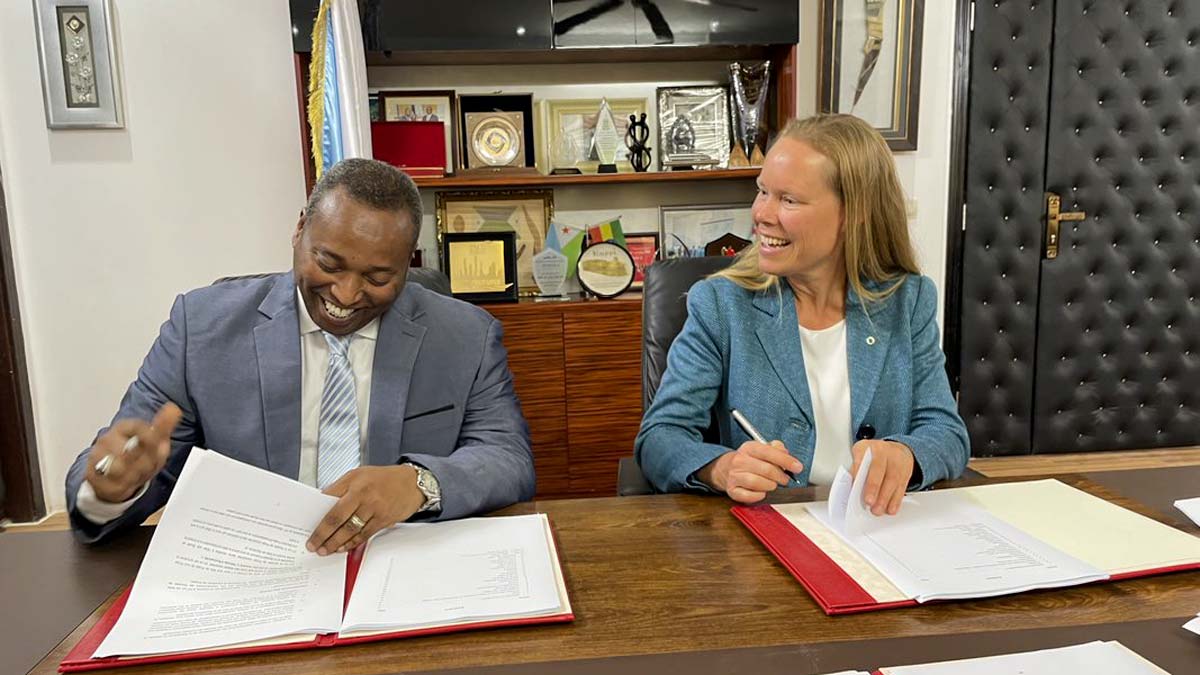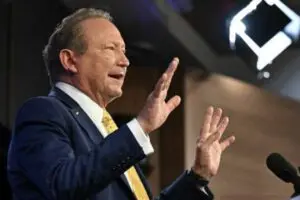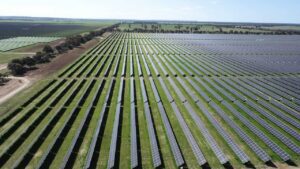Fortescue Future Industries says it has struck a partnership with the Government of the Republic of Djibouti to undertake studies into the potential development of a green hydrogen industry.
Djibouti, which is located on the east coast of Africa, is perhaps an intriguing choice for Fortescue with the country’s president, Ismaïl Omar Guelleh, often considered a dictator.
FFI CEO Julie Shuttleworth said Djibouti had the potential to emerge as a leading global supplier of green hydrogen, given its access to quality renewable energy resources and established port infrastructure.
“This partnership with the Government of the Republic of Djibouti is a great step towards lowering emissions and driving green energy projects forward,” Shuttleworth said.
“Djibouti’s solar, wind and geothermal sites as well as its access to port, makes it an attractive location for the production of green hydrogen.”
“FFI is committed to delivering social, environmental and economic benefits, and we look forward to working with the Government of the Republic of Djibouti in this new venture.”
The partnership agreement will provide FFI with access and rights to complete studies into potential hydrogen production, as well as the installation of subsurface gas storage facilities.
FFI says that should the studies produce promising results, the new agreement will support both FFI and the government of Djibouti to negotiate broader agreements on project investment and the identification of appropriate sites to host hydrogen projects.
Djibouti’s minister of energy and natural resources, Yonis Ali Guedi, welcomed the interest from Fortescue’s green offshoot, and the opportunity for the country to seize a part of the growing global market for zero emissions energy.
“Djibouti does not want to miss this historic moment when green hydrogen becomes the fuel for energy transition,” Ali Guedi said.
“This project has the potential for significant socio-economic impact, in terms of job creation.”
Fortescue has previously struck similar partnership agreements with the governments of the Democratic Republic of Congo, Kenya and Ethiopia – forming part of FFI’s ambitious global vision for green hydrogen and steel production.
Fortescue chairperson Andrew Forrest has previously indicated that the company is targeting as much as 450GW of global renewable energy capacity to support its ambition to produce up to 15 million tonnes of green hydrogen production a year by the end of the decade.
Forrest undertook somewhat of a global tour of potential host countries last year, culminating in the partnership deals being struck with national governments – as well as those within Australia.










